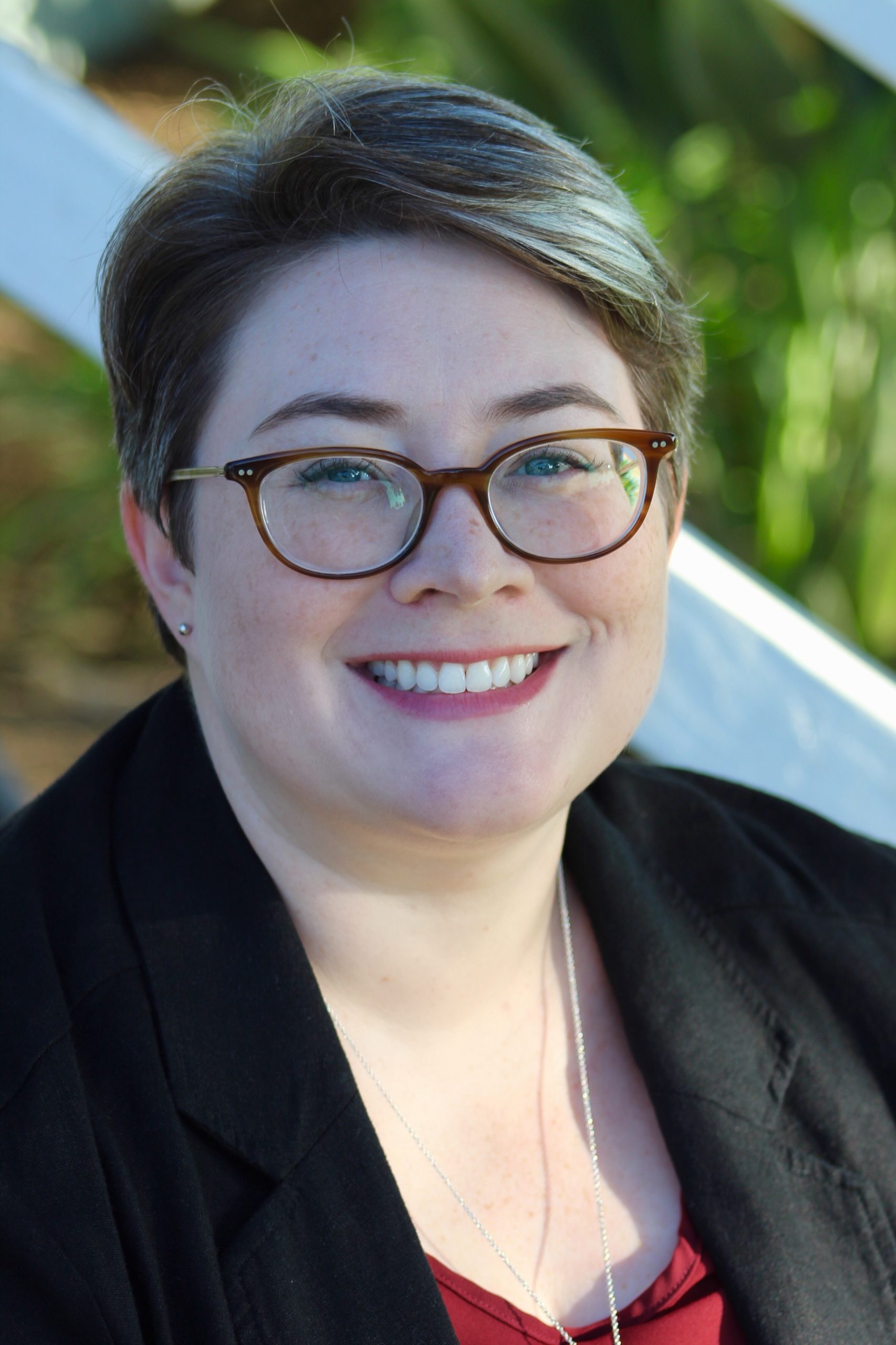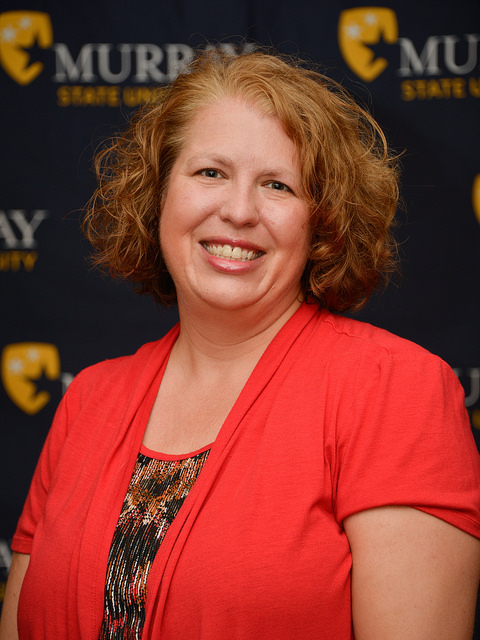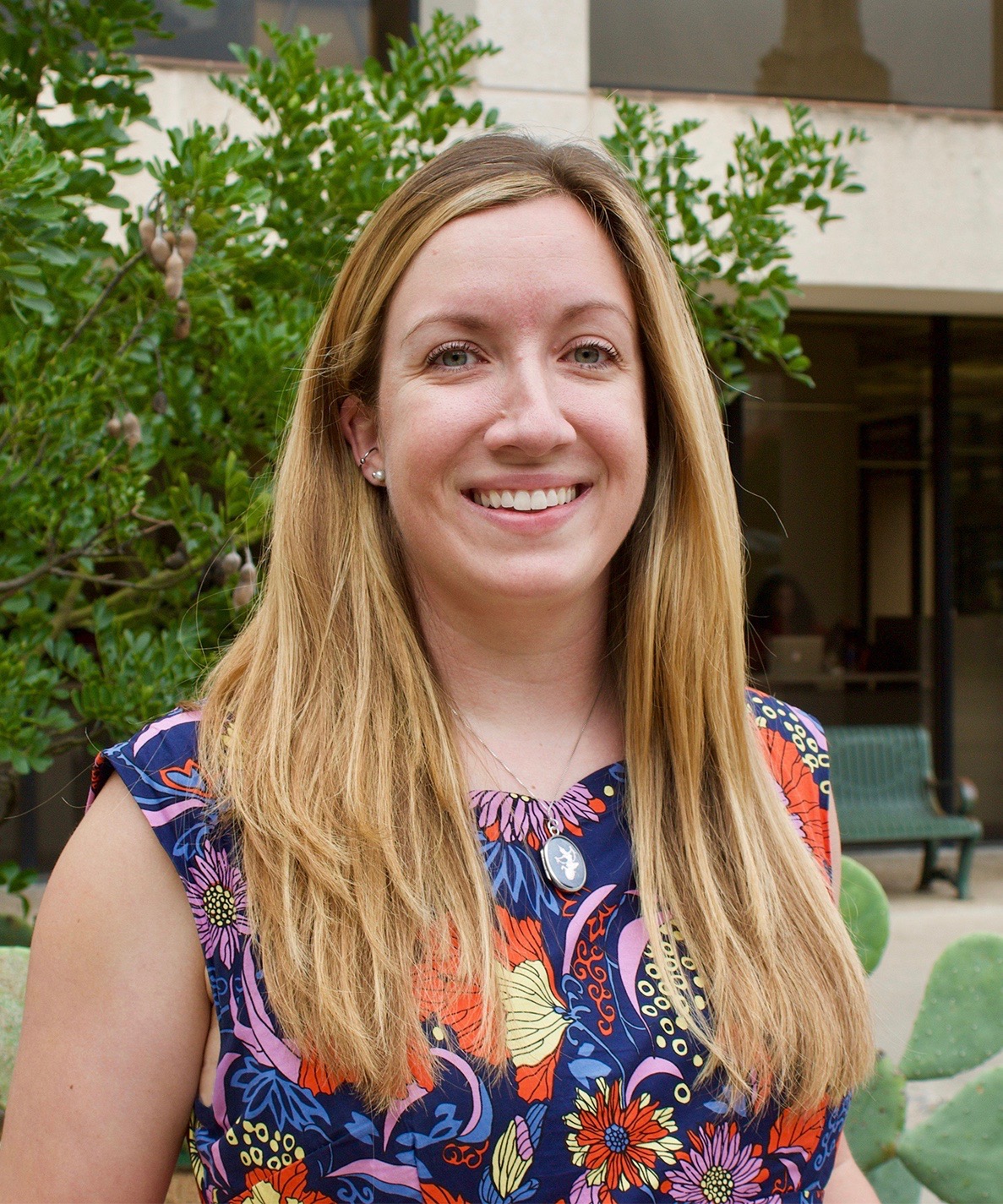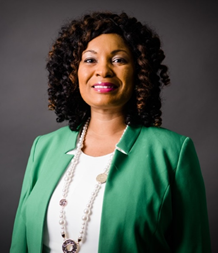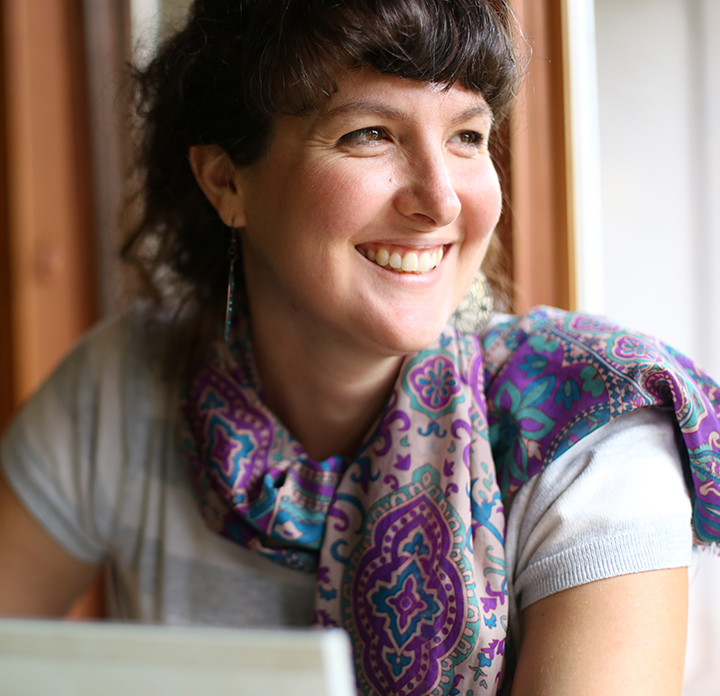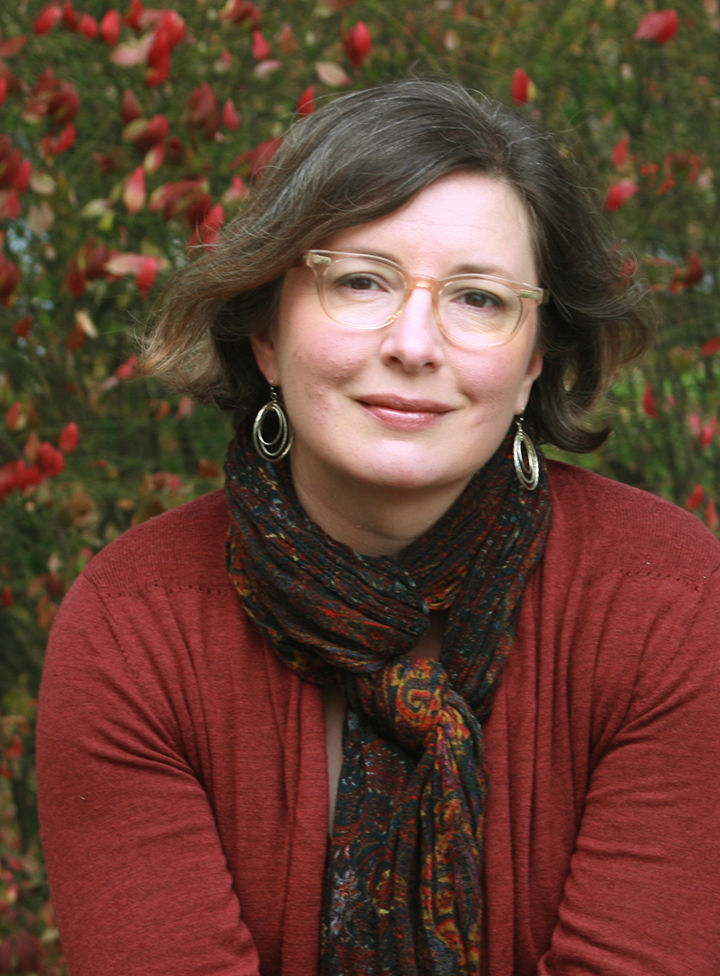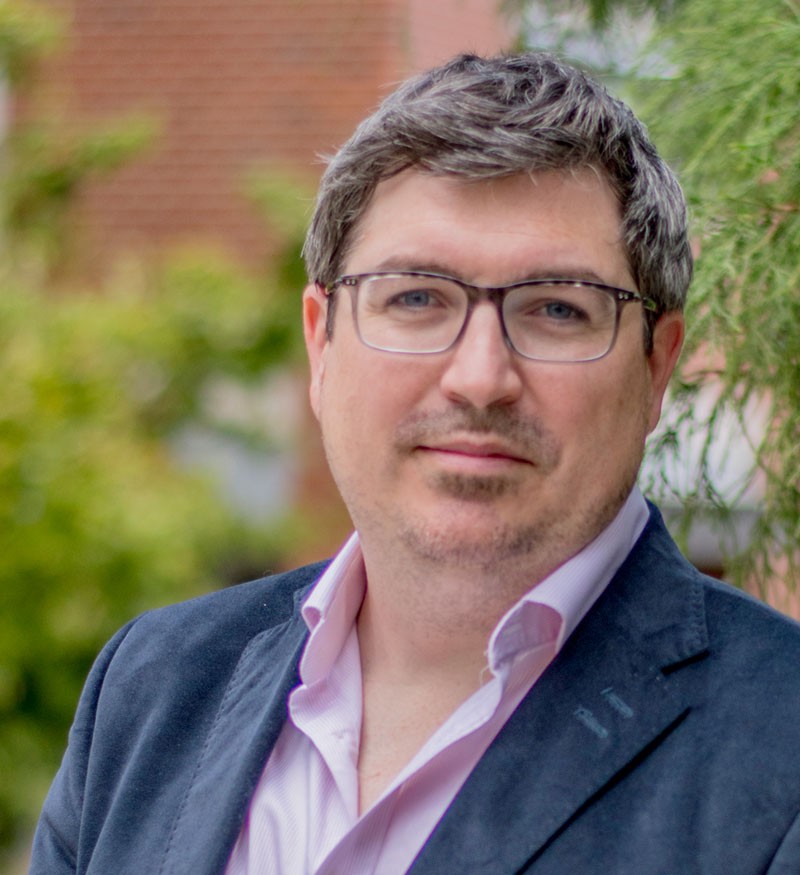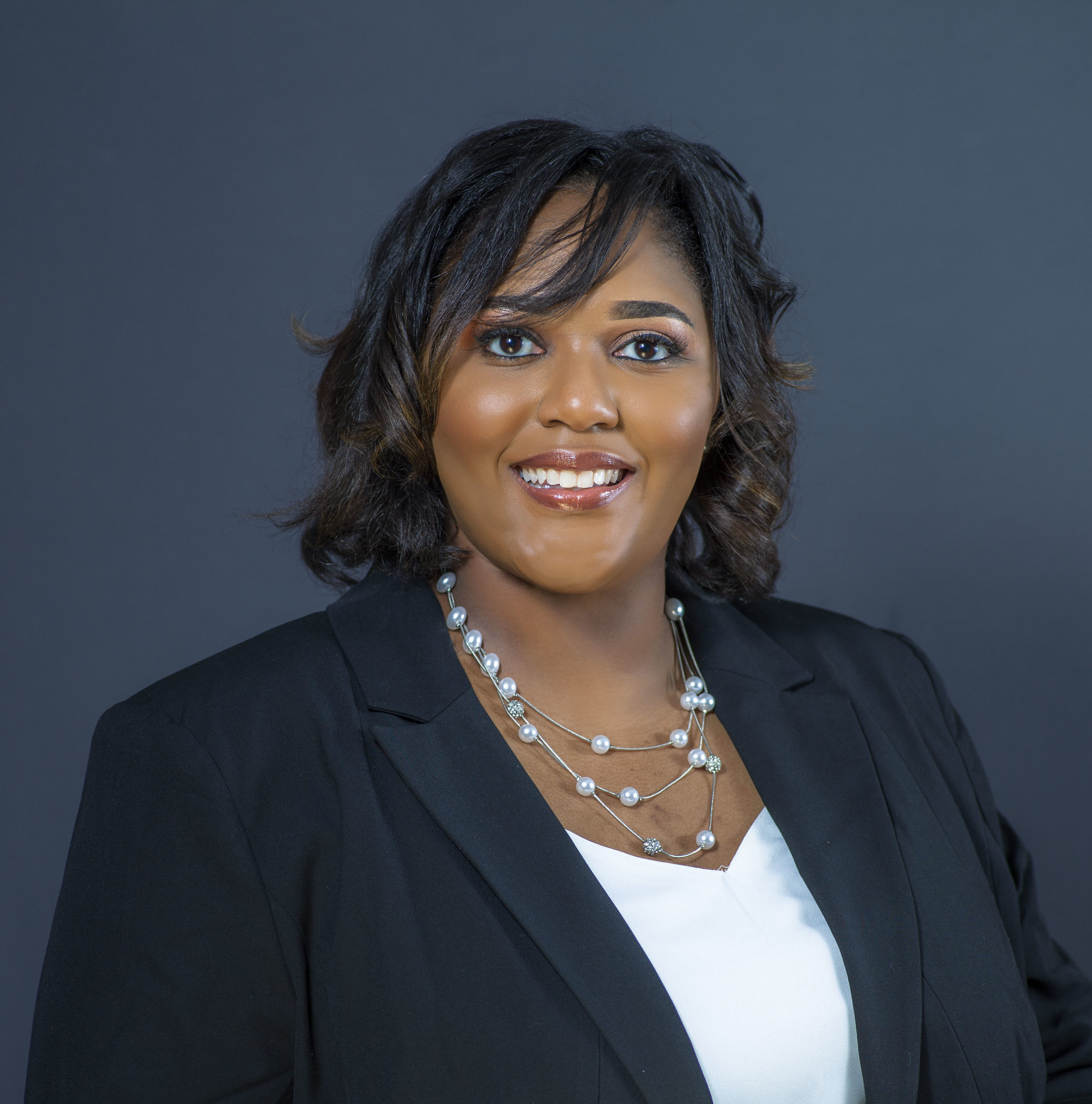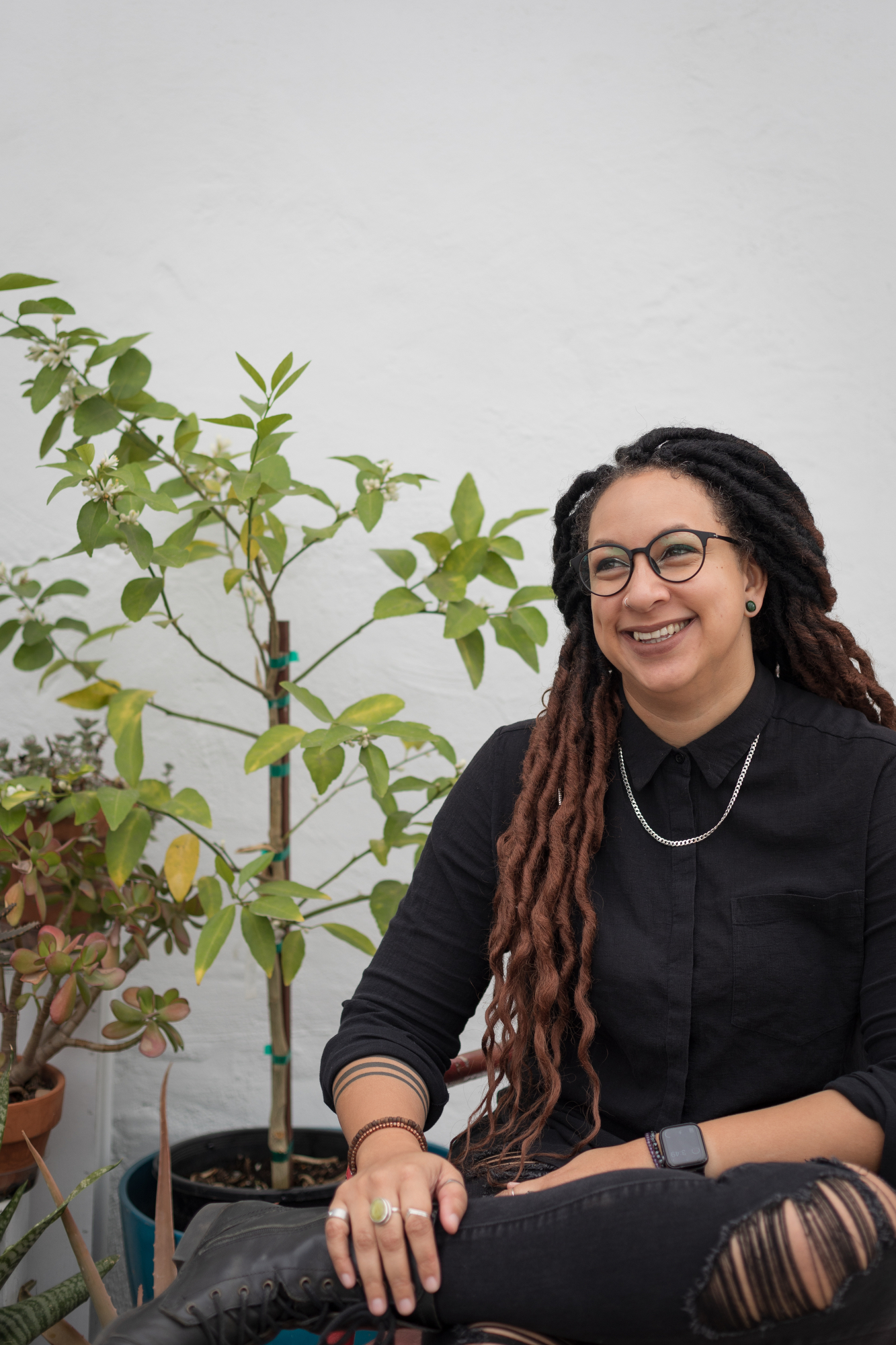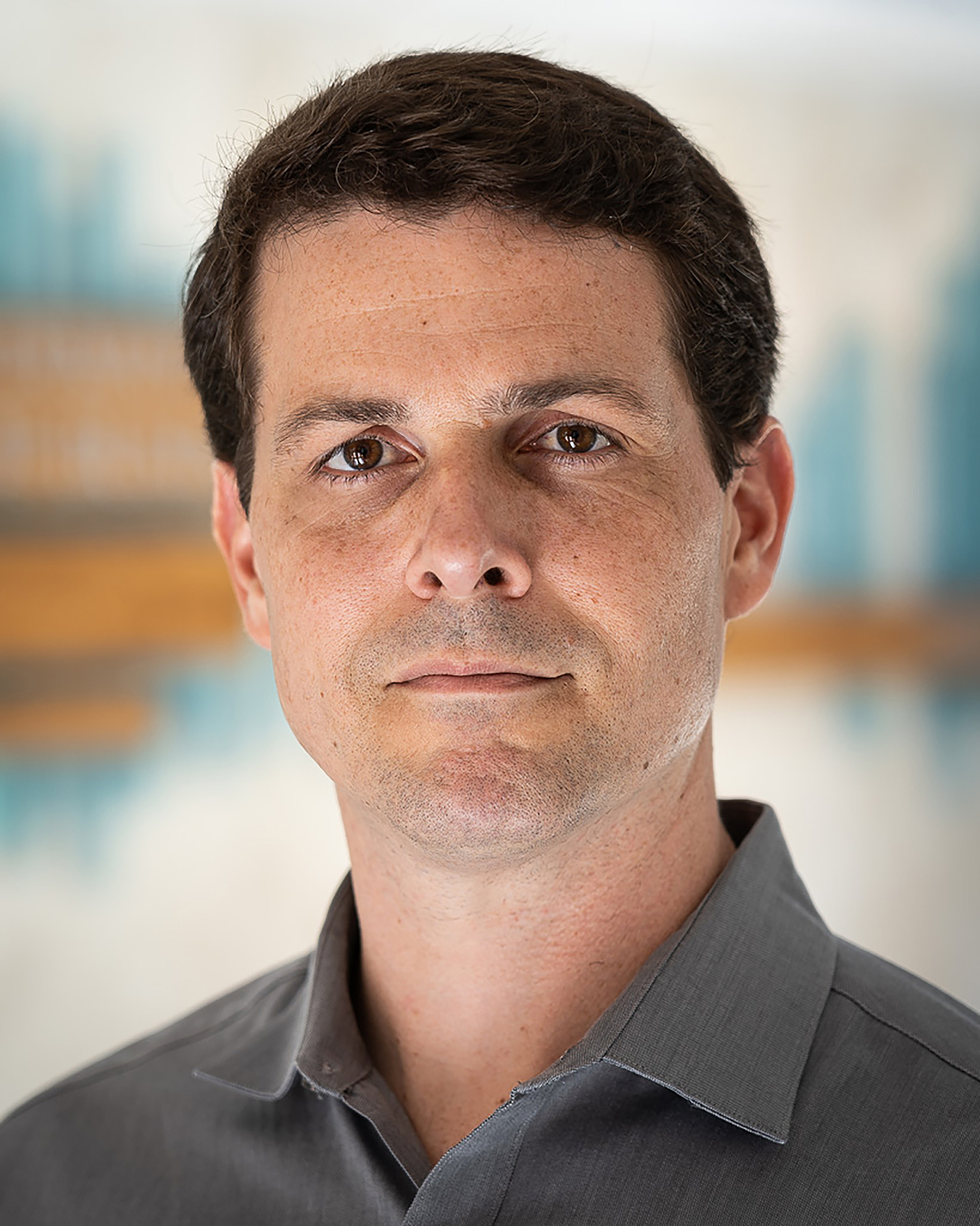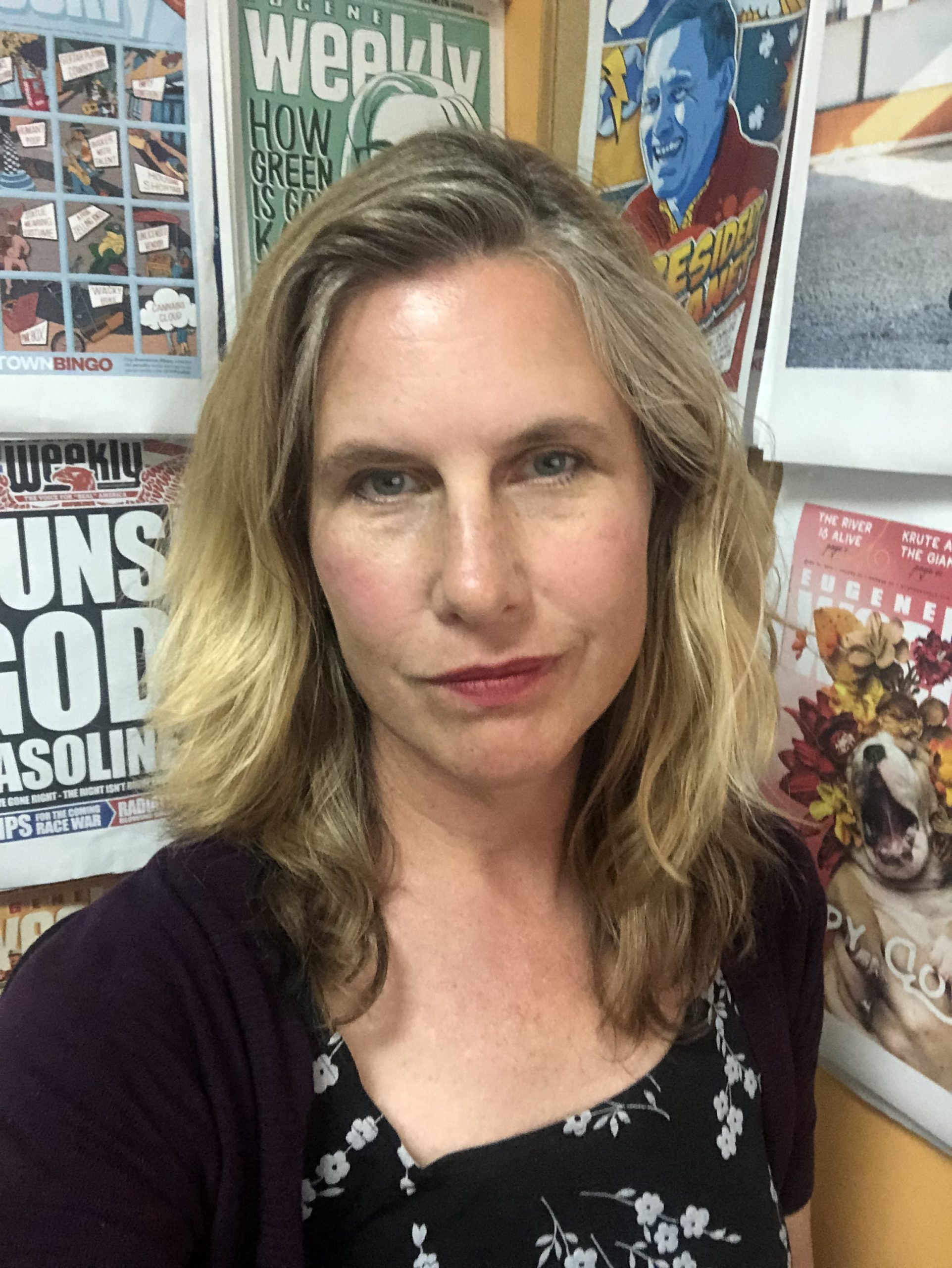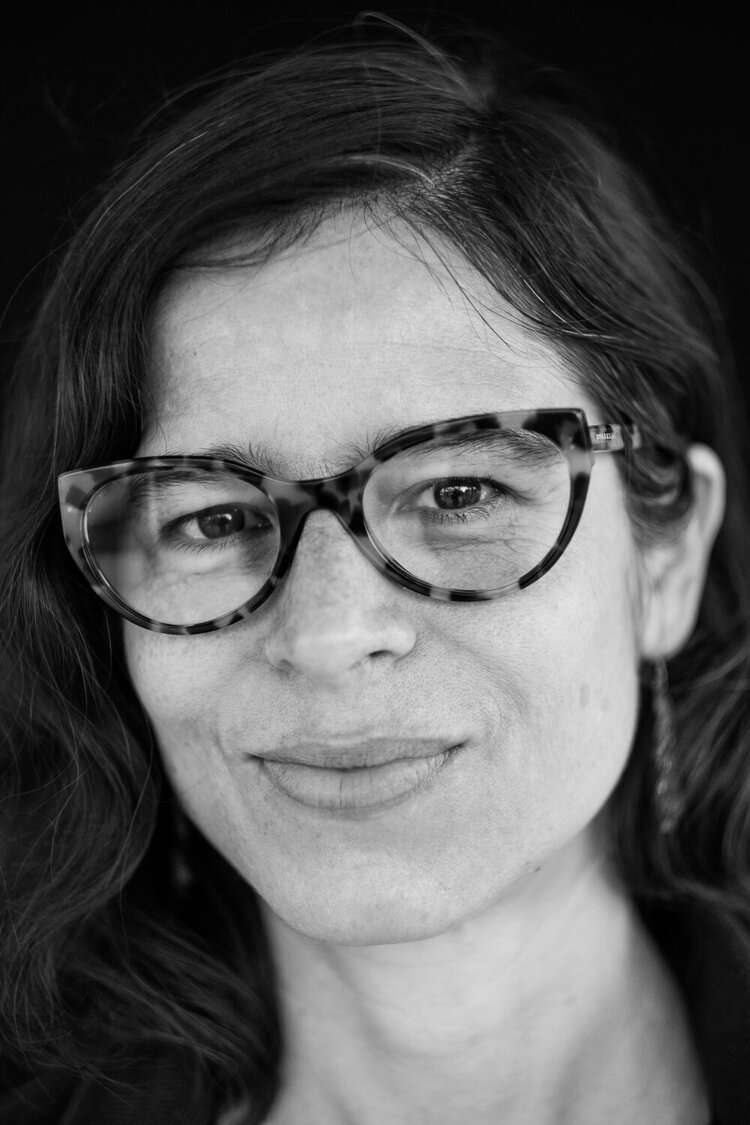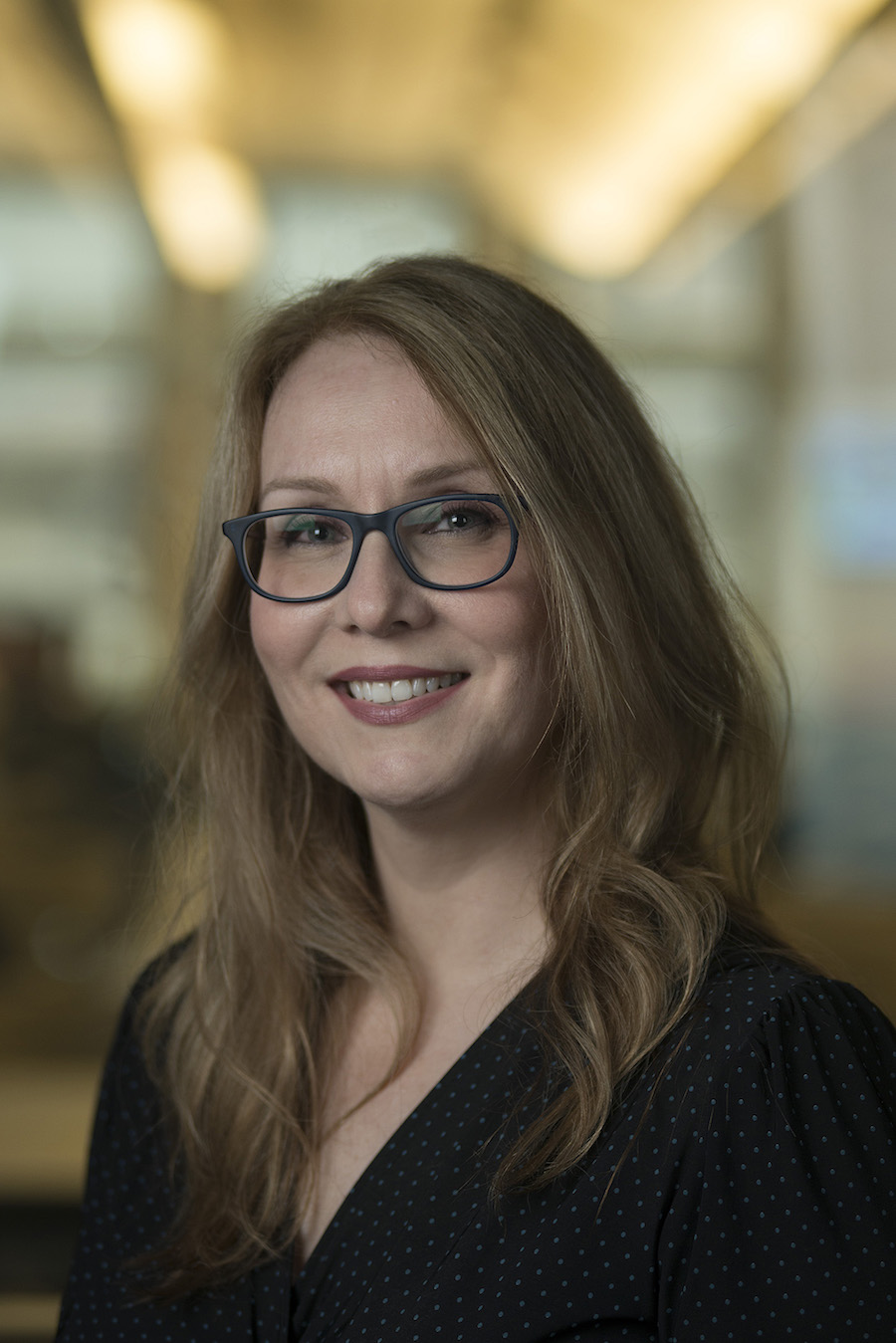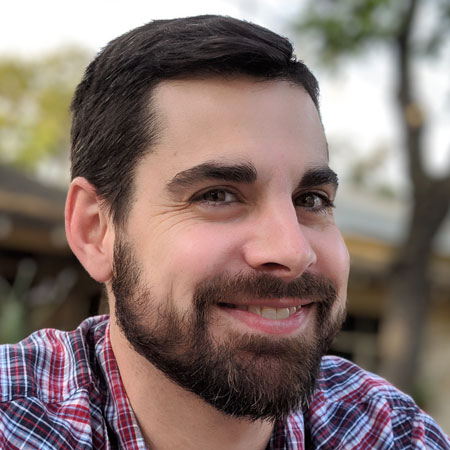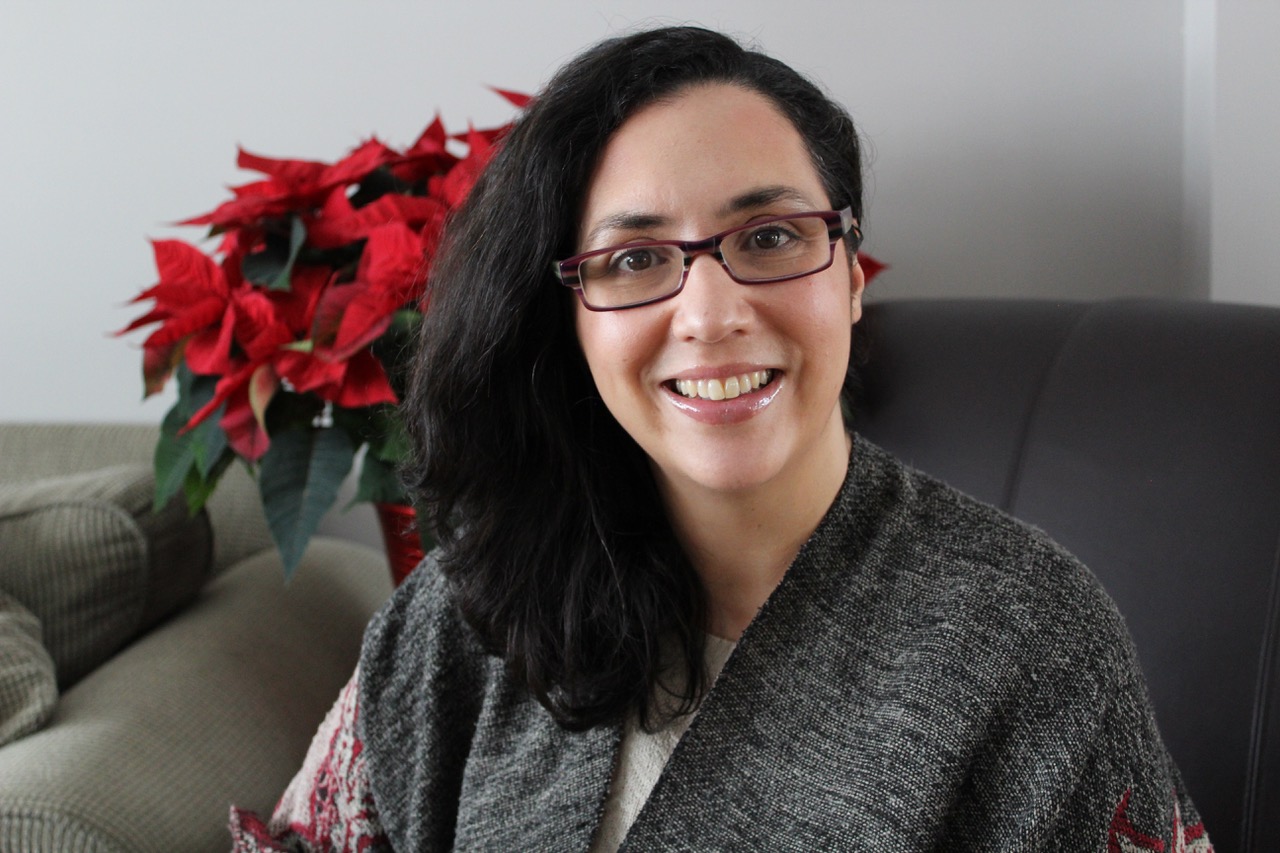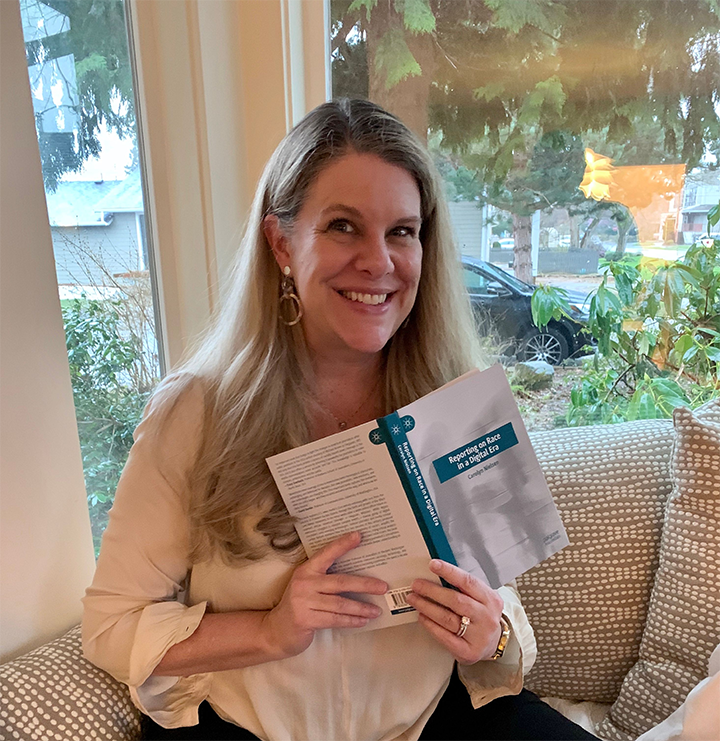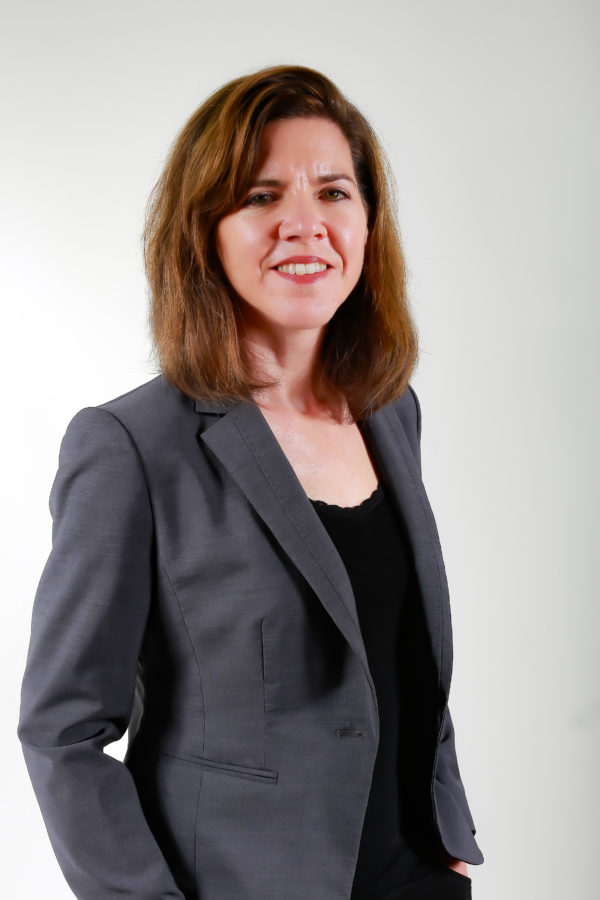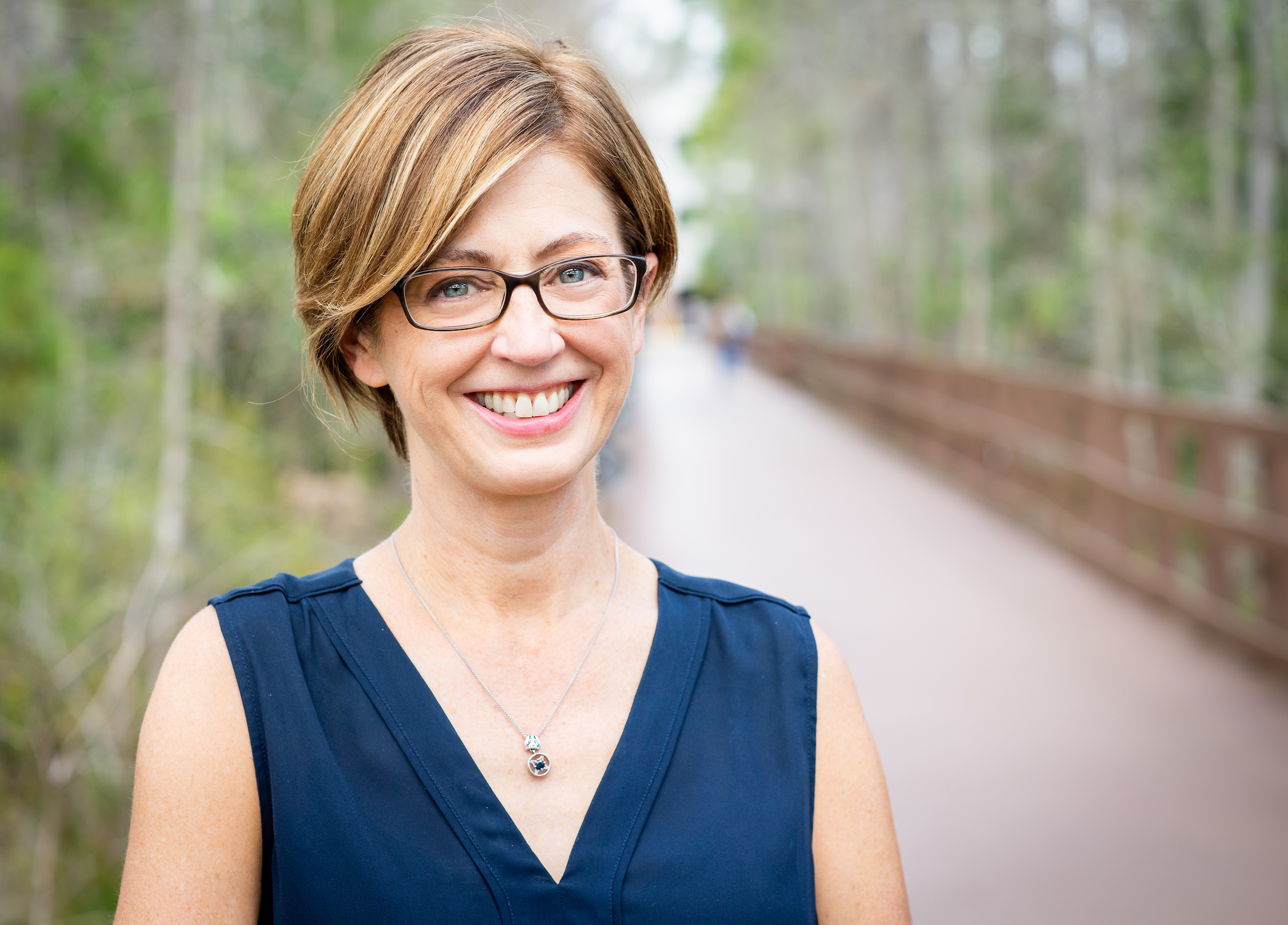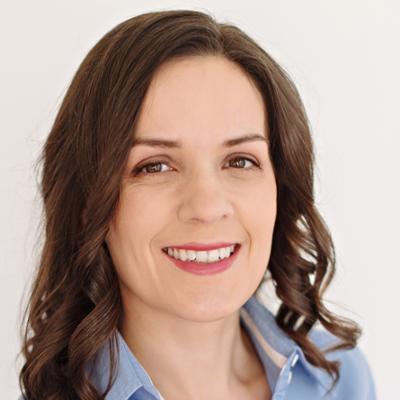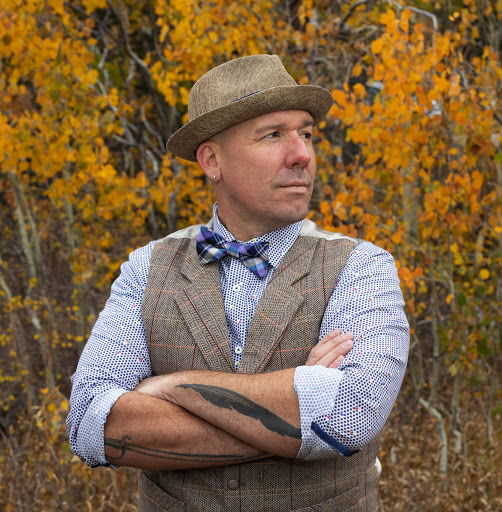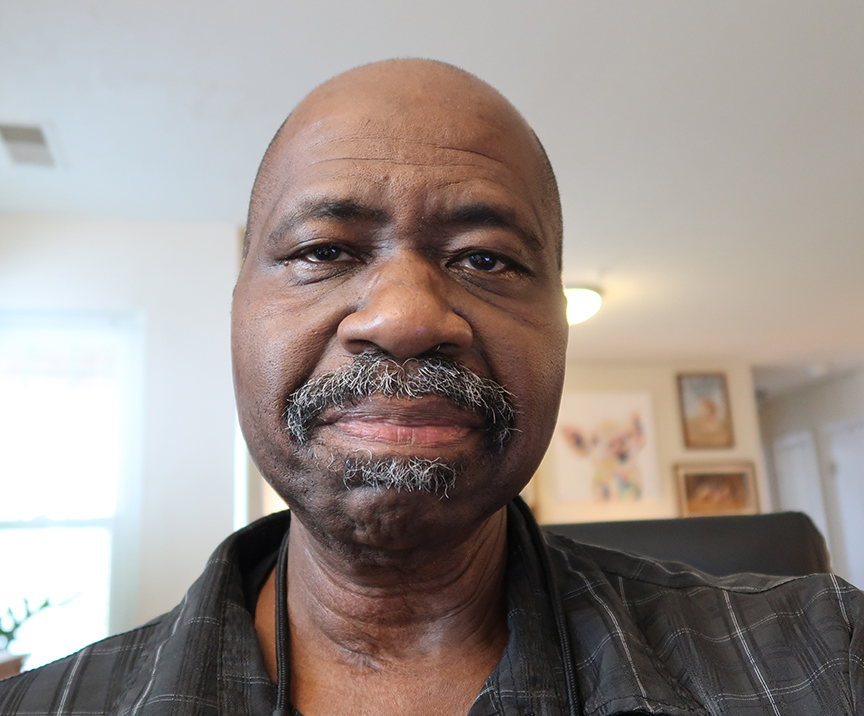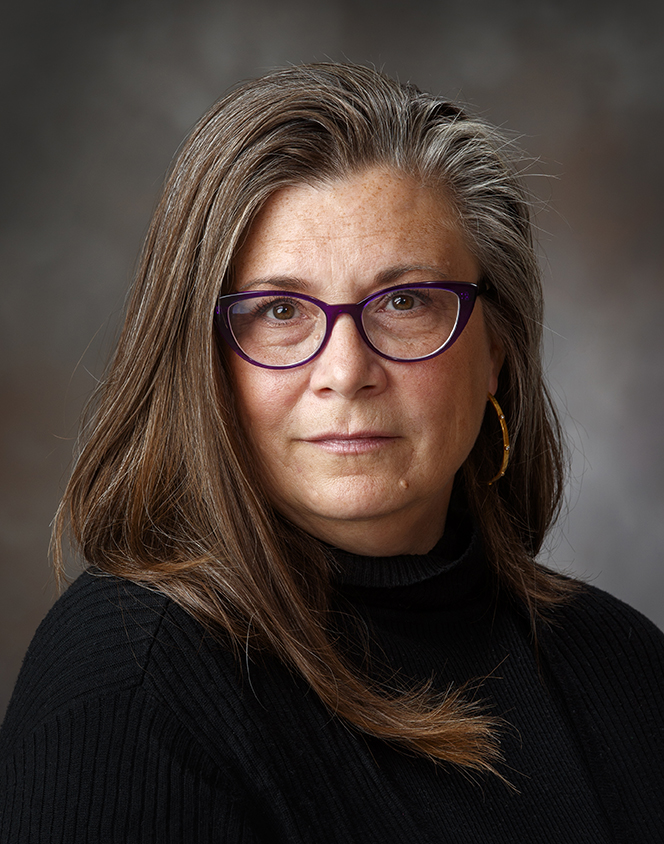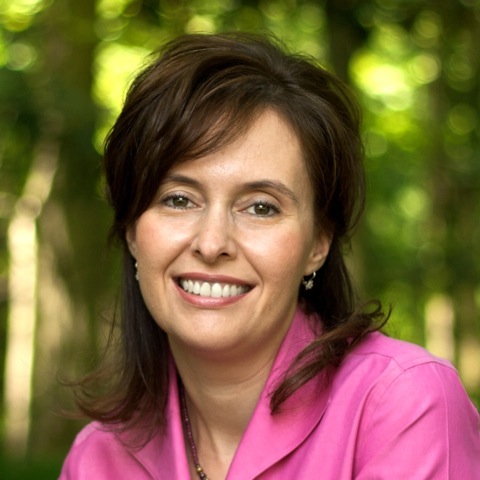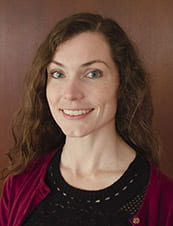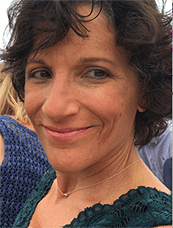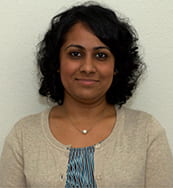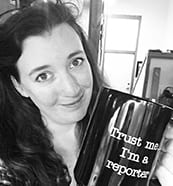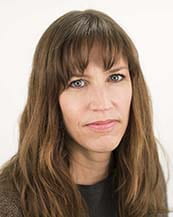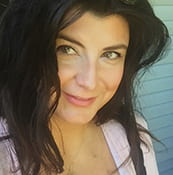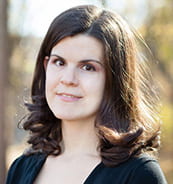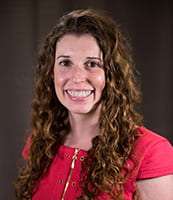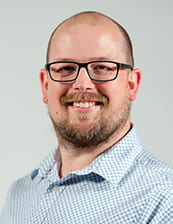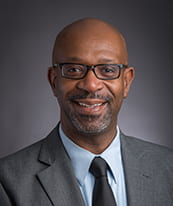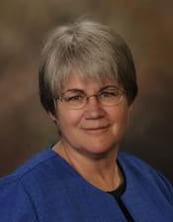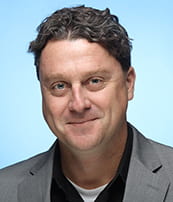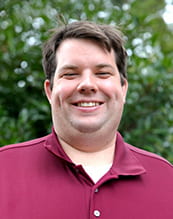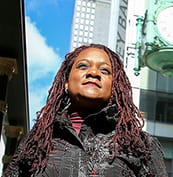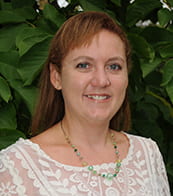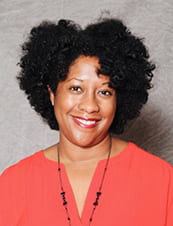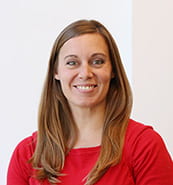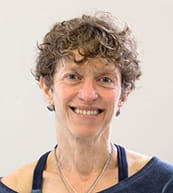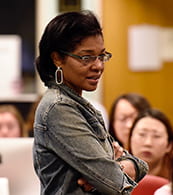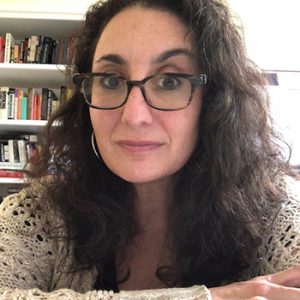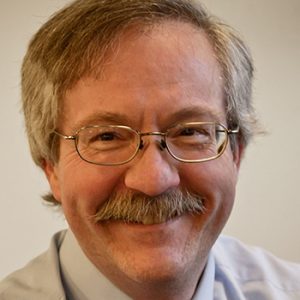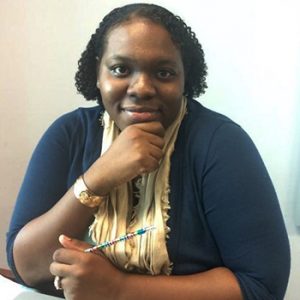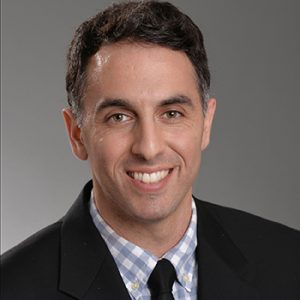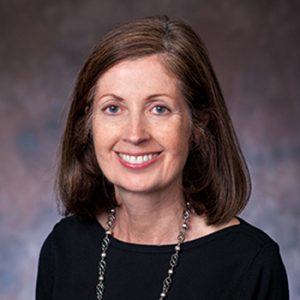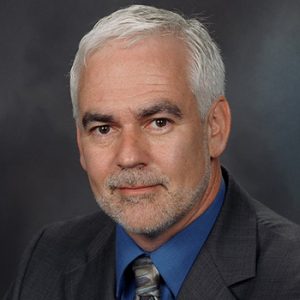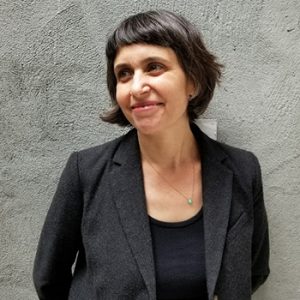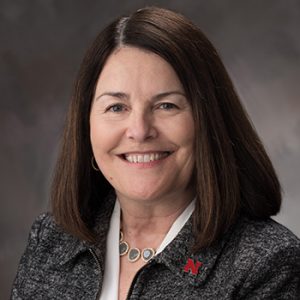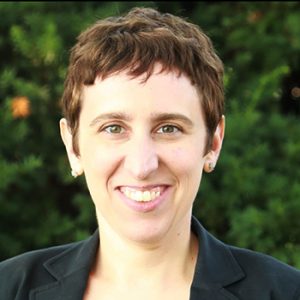2022 Solutions Journalism Educators Academy
(Call for Applications)
July 12 and 13, 2022 in Portland, Oregon
In partnership with the Solutions Journalism Network, the University of Oregon School of Journalism and Communication is delighted to announce details for our annual Solutions Journalism Educators Academy. The Academy is designed for university journalism faculty members interested in learning how to teach solutions journalism at the collegiate level. Even if you’ve already taught a course or module, you’re welcome to apply.
In summer 2022 we will offer a two-day in-person SoJo Educators Academy. The Academy will be held in the White Stag Building on the UO Campus in Portland, Oregon. We will closely monitor COVID developments and if need be, we will move the Academy to a remote format and held via zoom, which will be a modified version of our in-person academies.
The Solutions Journalism Educators Academy is a two-day training on teaching solutions journalism at the collegiate level. The Academy covers teaching the four qualities; framing, sourcing and finding solutions stories; advocacy, rigor and impostors; community engagement and interviewing; story structure; creating learning goals and objectives; and refining assignments and instructional activities.
The Academy is an initiative of the Catalyst Journalism Project and is made possible with a grant from the Solutions Journalism Network, with funding from the Enlight Foundation.
Application details posted below on this page.
NOTE: If you are applying to the Educators Academy for July 12 and 13 and are admitted, you will automatically be invited to attend the Educators Academy 2.0 on July 14 and 15, but attendance at 2.0 is not a requirement. (See the call at the right for more details.)
NEW: 2022 Solutions Journalism Educators Academy 2.0
(Call for Applications)
July 14 and 15, 2022 in Portland, Oregon
In summer 2022 we will offer a two-day, in-person advanced SoJo Educators Academy 2.0. The Academy 2.0 will be held in the White Stag Building on the UO Campus in Portland, Oregon. We will closely monitor COVID developments and if need be, we will move the academy to a remote format and hold via zoom.
Five years ago the Solutions Journalism Network and the University of Oregon began an experiment in changing journalism education with nine U.S. faculty. Since then, academies have met in-person and virtually, expanded to include educators from the U.K. and Canada, and specialized to focus on HBCU and HSI faculty. Academy alumni have created a diverse set of solutions journalism education practices tailored to their institutions and students’ needs in ways we never imagined. Now, in celebration of five years of our Solutions Journalism Educators Academies, we invite academy alumni to come together to learn, teach, and dream about the next five years. Help us answer the question: Teaching solutions journalism: What now?
These two days will go beyond the basics and dive deeply into lessons learned and advanced topics in teaching solutions journalism. Prepare for a highly interactive experience driven by YOU, our participants. The agenda for this event will largely be determined by your applications, so please provide great detail. We will also have time for networking, brainstorming, hands-on work, and more. A detailed agenda will be provided in advance.
Application details posted below on this page.
Who can apply? You must be a full-time educator at a recognized journalism program AND previously attended one of these Solutions Journalism Educators Academies:
University of Oregon Academy in 2018, 2019 or 2021
HBCU Educators Academy in 2020 or 2021
HSI Educators Academy in 2021
Academy Leaders
The Academy is organized by University of Oregon School of Journalism and Communication faculty members Nicole Dahmen and Brent Walth. Kathryn Thier will lead the academy. A representative of the Solutions Journalism Network team will also participate in the Academy.
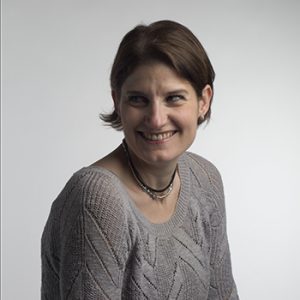
Kathryn Thier
Kathryn Thier is a former UO journalism instructor and is currently a doctoral student at the University of Maryland Department of Communication. She has published peer-reviewed research on solutions journalism and is an internationally-recognized leader in teaching solutions journalism. She has been named a top 20 innovative j-school educator by MediaShift.
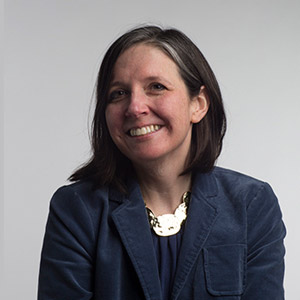
Nicole Dahmen
Nicole Dahmen, Ph.D., an associate professor, is a visual communication scholar with a focus on solutions journalism and multimedia reporting and teaching. She is becoming a leading scholar on the theory and practice of solutions journalism and other contextual reporting forms.
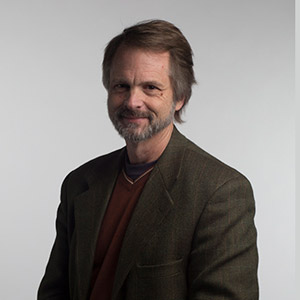
Brent Walth
Brent Walth, an assistant professor and Pulitzer-prize winning investigative reporter, has 34 years of experience writing, reporting, and editing. He is a self-described “solutions journalism convert,” who brings an investigative lens to the practice and teaching of solutions journalism.
Testimonials From Previous Participants
What expenses are covered?
A grant from the Solutions Journalism Network, with funding from the Enlight Foundation, supports the Academy and the Academy 2.0. The Academy and the Academy 2.0 covers these expenses for participants: airfare or mileage up to $650; hotel for three nights (the night before and the two nights of the event); and breakfast and lunch on both event days. Any other expenses must be paid for by participants.
COVID Protocol:
COVID vaccinations, or proof of medical exemption, are required to attend the Academy 2.0. You must provide proof of vaccination in advance of the Academy 2.0. Details for providing this documentation will be provided following formal admittance. Masks are also required inside all University of Oregon buildings at all times. We will provide food, and will ask for social distancing during meals.
Apply
To apply for the Academy (July 12 and 13), please submit the following as one PDF file:
- a cover letter discussing your interest in teaching solutions journalism and in the Educators Academy,
- a current curriculum vitae,
- a short letter of support for Academy attendance from your dean/director/department head;
- the names with contact information for three academic references; and
- your interest in staying for Educators Academy 2.0.
Complete applications should be emailed to Dr. Nicole Dahmen at ndahmen@uoregon.edu by 5 p.m. PST on Friday, February 4, 2022. Selected participants will be notified by the end of March 2022. Application deadline extended to February 11 at 5 p.m. PST.
To apply for the Academy 2.0 (July 14 and 15), please submit the following as one PDF file:
- a brief cover letter addressing these three points: how you’ve applied what you’ve learned about teaching solutions journalism AND a teaching idea/strategy/tip about solutions journalism that you’ve developed/adapted that you would like to share with the group AND the topic you’d most like to see discussed and/or learn more about; and
- a current curriculum vitae.
Complete applications should be emailed to Dr. Nicole Dahmen at ndahmen@uoregon.edu by 5 p.m. PST on Friday, February 4, 2022. Selected participants will be notified by the end of March 2022. Application deadline extended to February 11 at 5 p.m. PST.
FAQ’s
How much do I need to know about solutions journalism ahead of time?
General knowledge of the practice is preferred, but detailed knowledge is not required. To learn more about solutions journalism, visit the Learning Lab on the Solutions Journalism Network website: https://learninglab.solutionsjournalism.org.
How many participants will you accept for the Academy?
We will plan to accept up to 12 applicants for the Academy and between 35 and 40 applicants for the Academy 2.0.
Do I have to have a professional journalism background?
No, but you do have to be a full-time faculty member of a recognized journalism program at the collegiate level.
What else do I need?
A good attitude and a desire to innovate and collaborate.
How will the virtual version work?
We are planning to hold our Academies in person, but are prepared to go virtual for summer 2022 if need be.
Other questions?
Please contact Dr. Nicole Dahmen at ndahmen@uoregon.edu or at 541-346-2588.


